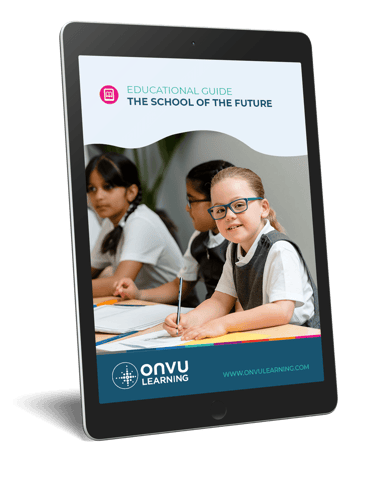- Lesson Observation Blogs
- 2 Minute Read



Lesson observation is a really important tool for teacher and school improvement, as the previous blogs in this Lesson Observation series set out. It can also be done really badly, leading to disillusioned teachers and managers who can’t go beyond tick-box feedback to add value.
This article finds some of the worst observation practices, brought to light under the #nobservation Twitter hashtag promoted by ‘Mr Pink’ (@Positivteacha). We contrast them with feedback we’ve seen from teachers we’re working with…
Enjoy the read!
Our feedback…
‘Video observation means teachers can review far more lessons and remove the distractions provided by an external observer’ David Horton, Orwell Park School
‘I’m going to have to not pass this one unfortunately, as you didn’t deploy the TA effectively enough” said my PGCE mentor, in a class with no TA.’ @misscnqt
‘Told my lesson was RI once, when I asked for feedback on how to improve the response was ‘book your observation in earlier because we had already hit our quota of good teachers before we made it to you!’ @miss_coster
‘I was once told that my lesson was great, but “you should have stopped the students from working and done some mini-plenaries so that the observer could see learning was taking place...”.’ @Darrenmacey
Our feedback…
‘[ONVU Learning] gives the ownership of professional development to the teachers so they can reflect and develop their skills’, Dan Thomas, Executive Headteacher, The Learning for Life Partnership.
‘A colleague was graded 4 because the (German) lesson was all in German and the observer couldn’t speak German so “didn’t know if it was any good”. True story!’ @TeachEnglish146
‘“I haven’t heard of the philosophers that you were teaching about.” Genuine piece of #nobservation from a Maths-specialist SLT who observed my Philosophy lesson years ago.’ @hugohutchinson
‘My favourite #nobservation was a colleague teaching RE – 5 pillars of Islam. The feedback was “could you have differentiated by only giving the lowers the 3 pillars of Islam”?’@Misterbodd
Our feedback…
‘Staff are becoming more reflective and slowly evolving a language to pinpoint key moments in their lessons and the impact they are having on learning. This allows us to have a much wider discussion and become more collaborative in our approach to personal development’, Mr Morris, Head of Science, The Hereford Academy
‘My #nobservation. Told my jumper was too similar to the school uniform and I need to stand out. I’m a 6-foot-tall man in a girl’s school.’ @DavidCummins86
‘My dice were too noisy…’ @etaknipsa
“Mocksted” observer: “Your handwriting on the board and student books is unclear. Where were you educated?
Me: “The Highlands of Scotland.”
Mocksted observer: “Ah. That explains everything.” @teachgratitude1
Our feedback…
‘Dr Sean Warren’s methodical and diagnostic approach to reflective practice allowed me to start thinking about where issues were arising and whether they [warranted] short or long-term fixes.’ Mr Morris, Hereford Academy.

The School of the Future Guide is aimed at helping school leaders and teachers make informed choices when designing the learning environments of the future using existing and upcoming technologies, as they seek to prepare children for the rest of the 21st century – the result is a more efficient and competitive school.
KEEP IN TOUCH WITH ONVU LEARNING AND RECEIVE THE LATEST NEWS ON EDTECH, LESSON OBSERVATION, AND TEACHER TRAINING AND DEVELOPMENT.